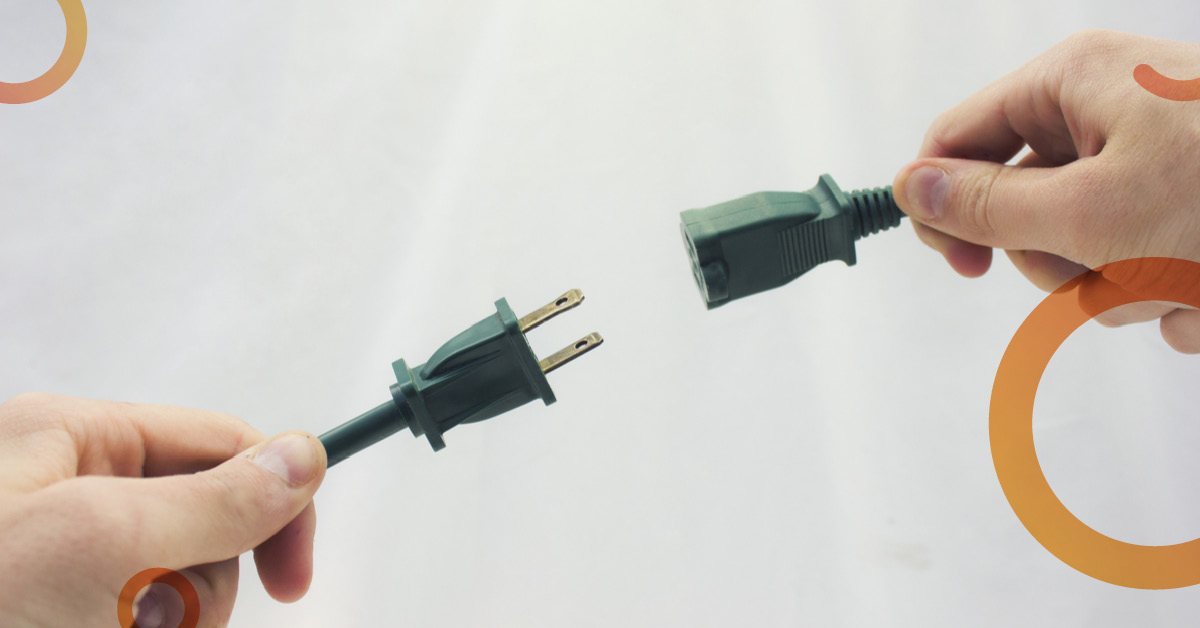Gaining control and visibility over workforce processes has become imperative for modern businesses.
I work daily with companies that leverage disconnected systems to manage internal and external processes, from financial data to customer information. Control and visibility become difficult to achieve when you do not have a single source of truth for your data.
I am willing to bet that you already leverage Customer Relationship Management (CRM) and Enterprise Resource Planning (ERP) platforms in your business. Integrating them boosts their ability to support your team, improve efficiencies and provide opportunities to increase profitability.
What is ERP and CRM integration?
ERP and CRM systems are similar platforms because they are data repositories that collect, store and organise data essential to business operations.
A CRM platform retains customer details, their previous interactions with your business and allows you to nurture the relationship further. ERP collects data on business operations and enables leaders to manage finances, processes, and resources. Essentially, a CRM focuses on external resources, and an ERP focuses on internal resources.
CRM and ERP integration breaks down data silos and creates a single source of truth for all company data. Bringing these two platforms together enables cohesiveness across your business and provides a platform for business growth.
1. Remove tedious, manual tasks
ERP and CRM integration automates data synchronisation, negating the need for people to copy and paste data to these systems manually. Removing such tasks increases efficiency, enabling people to focus on value-adding tasks - those aspects of your business that require human interaction, creative thinking or mental processing.
When your CRM and ERP systems talk to each other, everyone can access the data they need from one place, reducing the time it takes to complete tasks.
Manual data entry impacts accuracy because it increases the rate of human error. Regardless of how proficient your staff may be, human errors in data entry do occur. By integrating your CRM and ERP systems, you can eliminate the rate of error in those processes and ensure data accuracy.
2. Remove silos to eliminate duplicate data
Data silos occur when two or more departments in your business leverage different software systems that neither have access to. If one department services an existing customer and adds their details to a separate system, then two sets of the customer’s information now exist. It then becomes challenging to determine the most up-to-date data.
With ERP and CRM integration, every department has access to all data in one place. Providing everyone with high-quality, reliable data enables them to drive improved collaboration across the business.
3. Enable smooth employee collaboration
When you have all of the systems in your business talking to each other, it improves communication and collaboration between departments.
Collaboration between departments becomes a necessity for delivering excellent customer service. If your sales and marketing departments are using separate software systems, they may struggle to coordinate their efforts in marketing and selling to customers.
For example, if you integrate your CRM and ERP platforms, you can set up automatic email reminders to send to customers when their order is due. A system like this improves customer satisfaction because they do not have to chase up their order.
4. An end-to-end view of your business
ERP and CRM systems have traditionally remained separate. In fairness, this makes sense considering ERP primarily focuses on what happens within the business and CRM focuses on customers. However, integrating these systems provides a powerful, end-to-end view of your business.
Integrating your CRM and ERP systems informs decision-making by collecting data about business performance in one place. Then, you can identify necessary changes to make in the business and improve your bottom line.
When you have metrics coming in from all over the business, you can create dashboards that showcase the data most relevant to you at any one time. You can make decisions about the company based on the latest sales figures. Your sales team can also change their play based on the ERP system's financial data.
It goes back to my point about enabling better collaboration. If your sales department updates what they have sold in real-time, your finance department can leverage this information to make data-driven decisions for the business.
5. A 360-degree view of your customers
Beyond the immediate, tangible benefits of ERP and CRM integration for a business, it also generates benefits in delivering a better experience to your customers and maintaining their loyalty.
If you have customer data in disconnected systems (primarily your ERP and CRM), you may find it challenging to get a complete picture of the customer’s purchase history, previous communications, recent enquiries, outstanding orders or even what marketing material you have sent to them. Integrating those key systems provides you with the capability to have a complete view of the customer, giving you a better understanding of how you’ve interacted with them in the past and much more insight into their current needs.
Your customer service representatives then have a comprehensive picture of the customer’s interactions with your business, which increases the likelihood of high-quality customer service.
Here is a classic example of what happens when companies get this wrong: I buy a product online and receive a marketing email two months later telling me I might be interested in this product. I think, ‘I’ve already bought the product from you, your systems should know this!’
I have spoken to many people with similar experiences. Some big brands, such as Apple and Amazon, avoid this issue well - and it shows in their customer loyalty. So, we know companies can get it right. And it doesn’t cost a small fortune anymore either.
6. Fast track approvals of sales opportunities
Integrated ERP and CRM systems enable salespeople to speed up approvals of sales opportunities. By having all the data they need at their fingertips, they can quickly decide whether to pursue a sale.
ERP and CRM integration allows your sales team to move faster on sales approvals. When your sales team has access to the latest customer data and inventory levels, they can make more informed decisions about whether or not to pursue a potential sale.
Creative Folks build ERP and CRM integrations
When we work with customers who need their systems talking to each other, we look at their applications and the underlying services these applications have to offer. Our expertise lies in understanding your ecosystem, highlighting the possibilities, presenting your options and deploying the right solution for you.
Visit our Systems Integration and application integration services page for more on our capabilities.



 Previous
Previous


